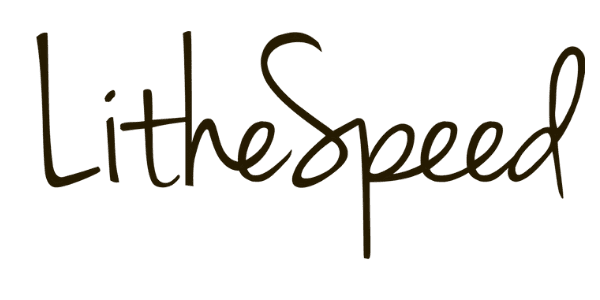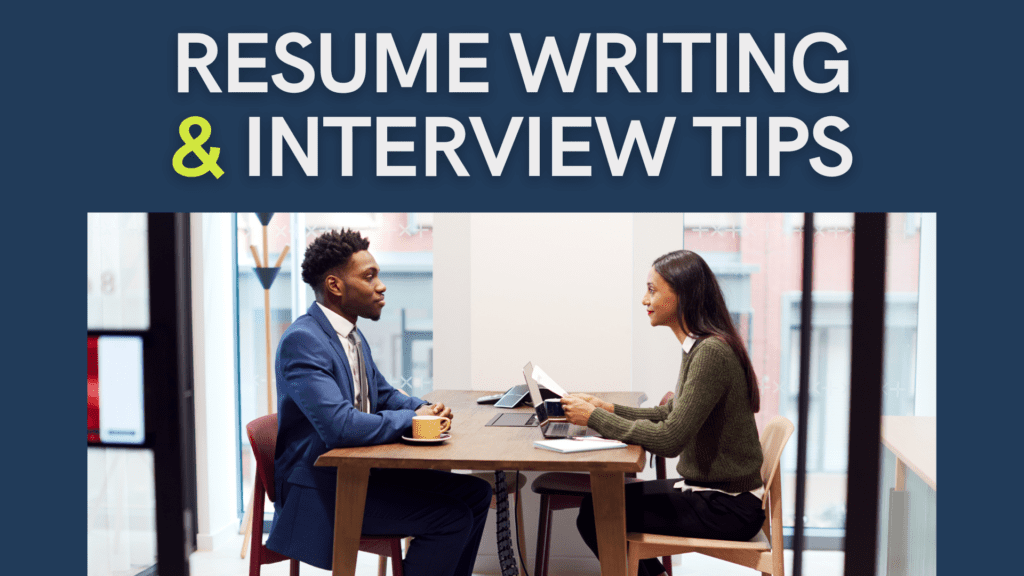Our LitheSpeed team has been responding to the surge in Agile Coaches and other agilists looking for new positions.
Recently, members of our team led a resume writing and mock interview session at Lean + Agile DC 2023 conference. It was great to connect with the Agile community and give back to this incredible group of people.
We’d like to offer some of the resume writing and interview tips we shared at the conference in this brief blog post.
While landing the right role often is attributed to strong experience, solid network connections, and a fair amount of good luck, writing a good resume and performing well during the interview will help increase the odds that you land that next role.
Resume Writing
This is your first impression, so it’s important to make it count. Develop a master version of your resume that can be customized for the role(s) you’re seeking and keep the following tips in mind to make a great impression.
- Go on a “word diet”. Remember when you had word limits on your college essays? You should do the same for your resume. Ruthlessly edit your resume to remove any superfluous words. Limit accomplishments to 3-4 bullet points per role and make each bullet point only 1-2 lines each.
- Showcase your talents. Don’t fall into the trap of letting your resume read like a job description. Brainstorm unique experiences that set you apart from other candidates. Everyone has a good story to tell.
- Be forward thinking. While it may be tempting to include every accomplishment on your resume, focus on recent experiences that are relevant to your next role. Don’t list every professional certification if there are only one or two that are especially relevant. Also, be sure to remove or minimize job experiences that are no longer your focus (for me, that’s writing complex SQL queries!)
- Make it easy to read. A resume should be only two pages, max. The first page should highlight who you are and your most recent role(s). The second page can include additional work history and certifications/college degree(s). Keep formatting consistent to keep the focus on the content. Use standard fonts (Times New Roman, Arial, or Calibri), past tense for work experience, present tense for your summary statement, and keep date formats consistent. Avoid jargon that’s specific to your organization, including job titles.
- Outcome oriented? Show it. In any role, but especially those with a leadership element, being able to showcase concrete results is far more compelling than listing activities or responsibilities. Did you help the team deliver more frequently or with greater quality? What was the impact, from a customer or business perspective, of the products or services you helped provide or enhance?
Interview Tips
Once you’ve landed an interview, that typically means you are qualified to do the job (at least according to your well-written resume!). Take the time to prepare well for the interview and increase the likelihood that you get that job offer.
- Think like a STAR (Situation, Task, Action, and Result) Behavioral interviewing is the norm these days and it’s important to be able to highlight specific experiences where you’ve demonstrated the skills needed for a new role. The STAR acronym helps with remembering all the key pieces of the story you are looking to tell. Avoid hypotheticals (i.e. how you “would” solve a problem) and focus more on real-life experiences.
- Be confident. Everyone is nervous before an interview – remember this! A good hiring manager will take a few minutes to put a job candidate at ease so they are able to speak well to their experience but it’s important to give yourself a good pep talk, too. Remind yourself that they would be lucky to have you working with them. This is especially important to remember if you were laid off or you’ve been job searching for a while.
- Get to the point. Almost everyone we spoke with during our mock interviews spoke too much during the interview. Take a moment to breathe before answering questions. It’s OK and expected that you do this. Remind yourself of the STAR method and try not to deviate from it. The hiring manager will ask more questions if they need to clarify anything, but it’s better to be crisp and clear as much as possible.
- Practice, practice, practice. It sounds cheesy, but practice answering common interview questions in front of a mirror or with a trusted friend. Brainstorm a list of your accomplishments and the “wins” you want to make sure you highlight during the interview. You will be nervous, so you want to make sure you have all those examples readily available to share with the interviewer.
Finally, no one writing anything these days can help but mention the emerging AI technology that’s influencing nearly everything we do.
Many people have started experimenting with ChatGPT and other AI tools to help them with their job search. For example, you can drop in a copy of your resume and ask ChatGPT to edit it for clarity or brainstorm interview questions that are relevant to your industry. It’s especially helpful for coalescing news headlines about your target company, too.
While the hiring landscape continues to change, taking the time to write an incredible resume and nailing the interview will continue to be key to landing the role that you deserve.
We’re hoping these tips will help, and wish you good luck landing your next awesome position!
P.S Do also check out these additional resources:
43 Best Resume Tips for Landing a Job in 2023
Top 10 free AI resume builders in 2023
Should You Use AI to Write Your Resume in 2023?

